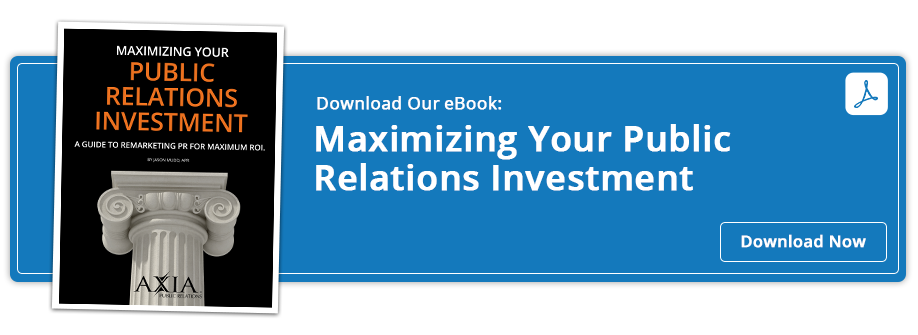 WordPress might be the most popular content management system, yet it’s not the best for company websites. There are smarter, safer platforms available that offer the perks of WordPress without the hassle and risk.
WordPress might be the most popular content management system, yet it’s not the best for company websites. There are smarter, safer platforms available that offer the perks of WordPress without the hassle and risk.
First, it helps to understand the difference between WordPress.org and WordPress.com.
WordPress.org is open-source and 100% free for anyone to use. To launch a website, you’ll need to provide your own web hosting along with the domain name and some web development skills. WordPress.com is a service that provides web hosting and themes, making it relatively easy to get your website up and running. The most basic plan is also free; however, you lose most of your ability to customize, and you can’t run a commercial website on the free plan.
Most companies will require much more from their website than what the basic WordPress.com plans offer.
Here are four reasons you shouldn’t use WordPress to create and/or host your site.
- It’s designed for blogging.
WordPress was created for bloggers. The native platform is geared toward blogs, not websites meant to convert visitors into customers or securely process transactions. Sure, you can modify WordPress, but why not start with a CMS that better meets your company’s needs? It's important to customize your content so it’s native to the platform; therefore, a blogging platform that has a different tone and audience than a company website may not be what you need.
- It requires plug-ins.
Most of WordPress’s free themes offer very little in terms of features and customizations. To alter your site without changing the code yourself, you need plug-ins. There are thousands of plug-ins that do things like improve SEO, create contact forms, and even turn your website into an e-commerce site. The problem with plug-ins is although they add cool features to your site, they also slow it down. And worse, they add possible entryways for malware and hackers.
- It’s a target for hackers.
WordPress has an enormous user base. According to W3techs, WordPress has 63.5% of the CMS market share, which is more than all other systems combined. This makes it a huge target for hackers. A vulnerability could expose millions of websites. For that reason, WordPress updates its platform regularly, and it’s imperative that you stay on top of those updates to stay protected.
- It doesn’t integrate analytics.
Digital analytics are crucial to marketers. Metrics such as the number of users, bounce rate, page views, and sources for incoming traffic tell you a great deal about your audience.
WordPress doesn’t have this kind of analysis software built in. You must install it yourself. Other content management systems, such as HubSpot, offer integrated analytics and include reports and easy-to-use dashboards that allow you to track your visitors’ actions and discover trends, so you can make the most of your website as a marketing tool.
There’s no doubt that plenty of websites are powered by WordPress. However, for the company that needs security, customization, and detailed analytics designed into a corporate-level package, there are more reliable and sophisticated options.
You should consider commercially acceptable software for marketing automation that provides an entire suite of resources. Look for features that, even as a paid solution, save you time and money, such as:
-
Content management system
-
Search engine optimization
-
Calls to action
-
Landing pages
-
Lead management
-
Email marketing
-
Calendar
-
Project management
-
Sales tools
-
Customer relationship management
Axia Public Relations designs and develops custom websites for companies that want an effective platform that speaks to their target audiences. Contact us to learn more.
Editor’s Note: Jason Mudd originally wrote “Five reasons WordPress is a risky choice for your business” for the American City Business Journals.
 Clients love Jason’s passion, candor, and commitment as well as the team he has formed at Axia Public Relations. He's advised some of America’s most admired brands, including American Airlines, Dave & Buster’s, Hilton, HP, Pizza Hut, and Verizon. He is an Emmy Award-winning, accredited public relations practitioner, speaker, author, and entrepreneur and earned his certification in inbound marketing. He founded the PR firm in July 2002. Learn more about Jason.
Clients love Jason’s passion, candor, and commitment as well as the team he has formed at Axia Public Relations. He's advised some of America’s most admired brands, including American Airlines, Dave & Buster’s, Hilton, HP, Pizza Hut, and Verizon. He is an Emmy Award-winning, accredited public relations practitioner, speaker, author, and entrepreneur and earned his certification in inbound marketing. He founded the PR firm in July 2002. Learn more about Jason.
Photo by John Schnobrich on Unsplash
Topics: web design & development, web media



Comment on This Article